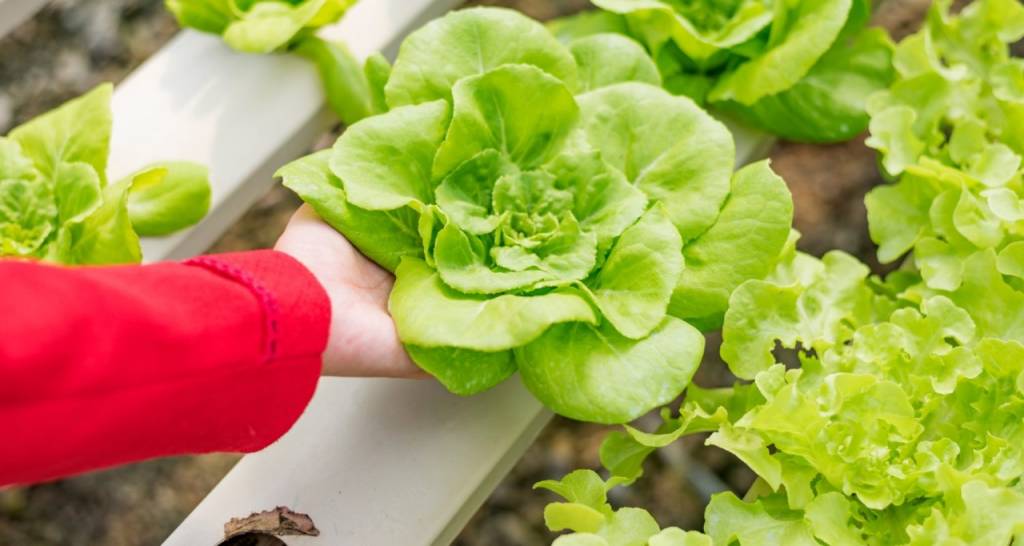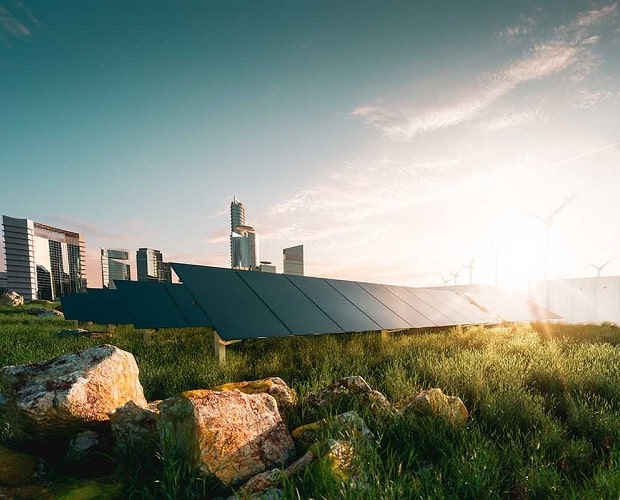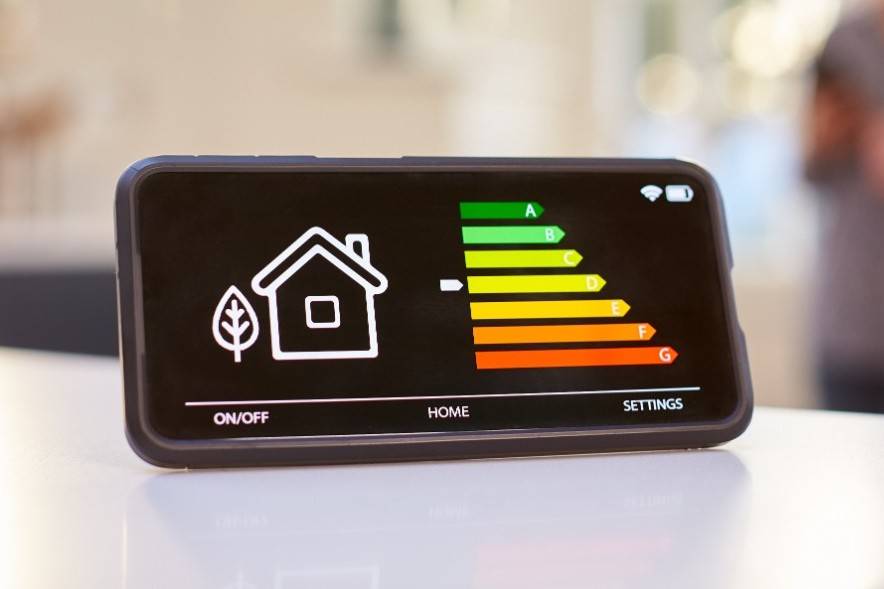When it comes to addressing excessive consumption, sustainable purchasing is guided by the following principles:
- Reduction: The aim is to limit consumption, while assessing the need for certain purchases.
- Energy efficiency: Consumers also seek efficient, low-consumption products that can be reused or recycled.
- Sustainability: Finally, consumers check that the components don't have a negative effect on the environment once the the item reaches its useful life.
The “use and throw away” linear economy has environmental consequences, as it creates waste. This waste decomposes in anaerobic conditions, generating methane (CH4), CO2 and other gases that contribute to global warming and, consequently, climate change. The transition from a linear to a circular economy model can mitigate these negative effects of consumption. Until now, actions to promote the circular economy in Europe have focused mainly on sustainable production and the role of companies and industries, displacing the role of consumers, who are essential in this transition towards an economic model of sustainable development.




-lpr.jpg)
